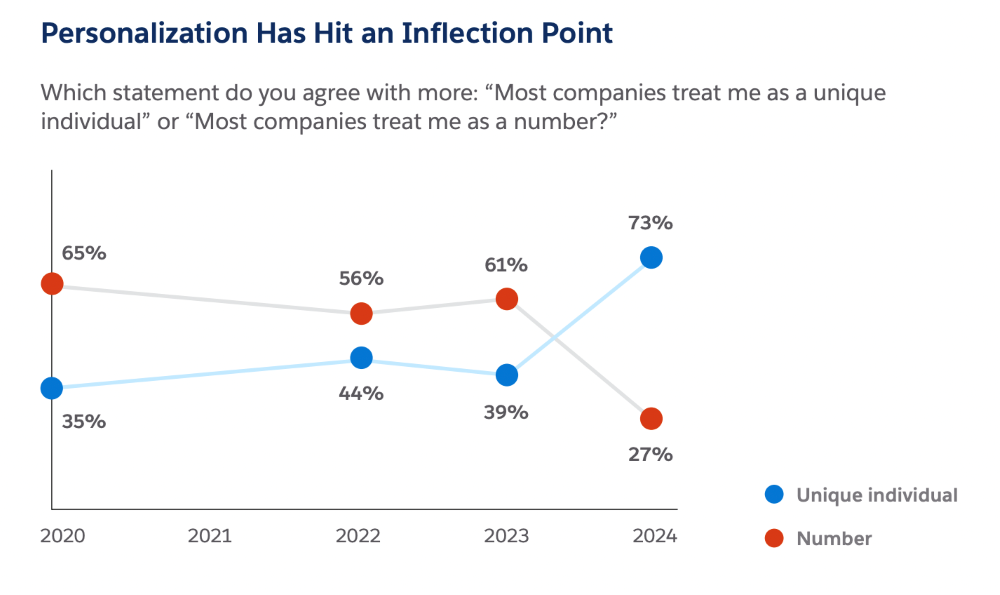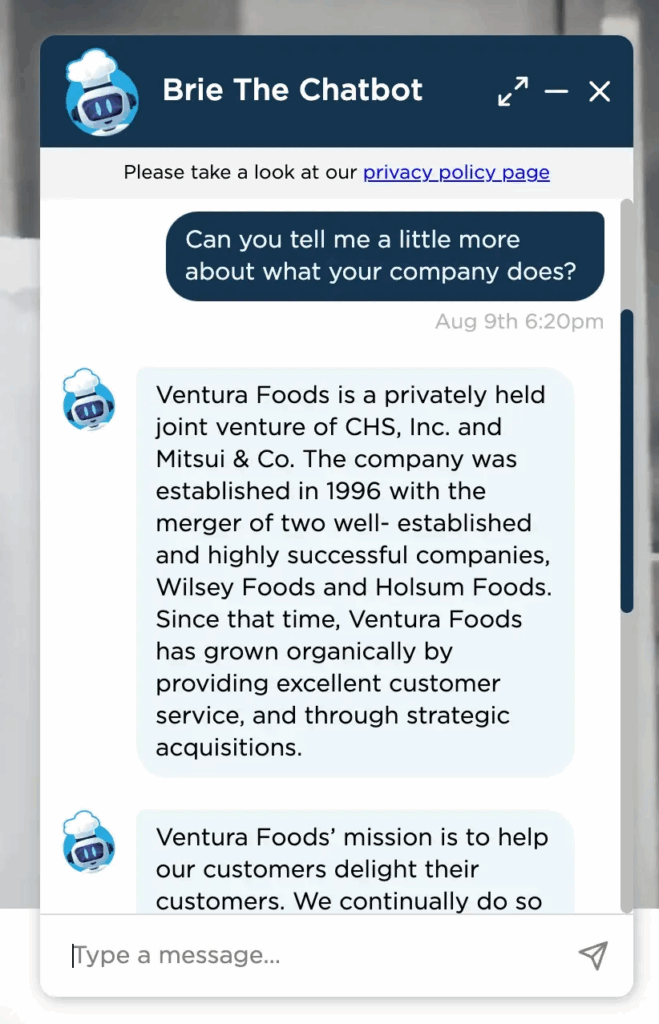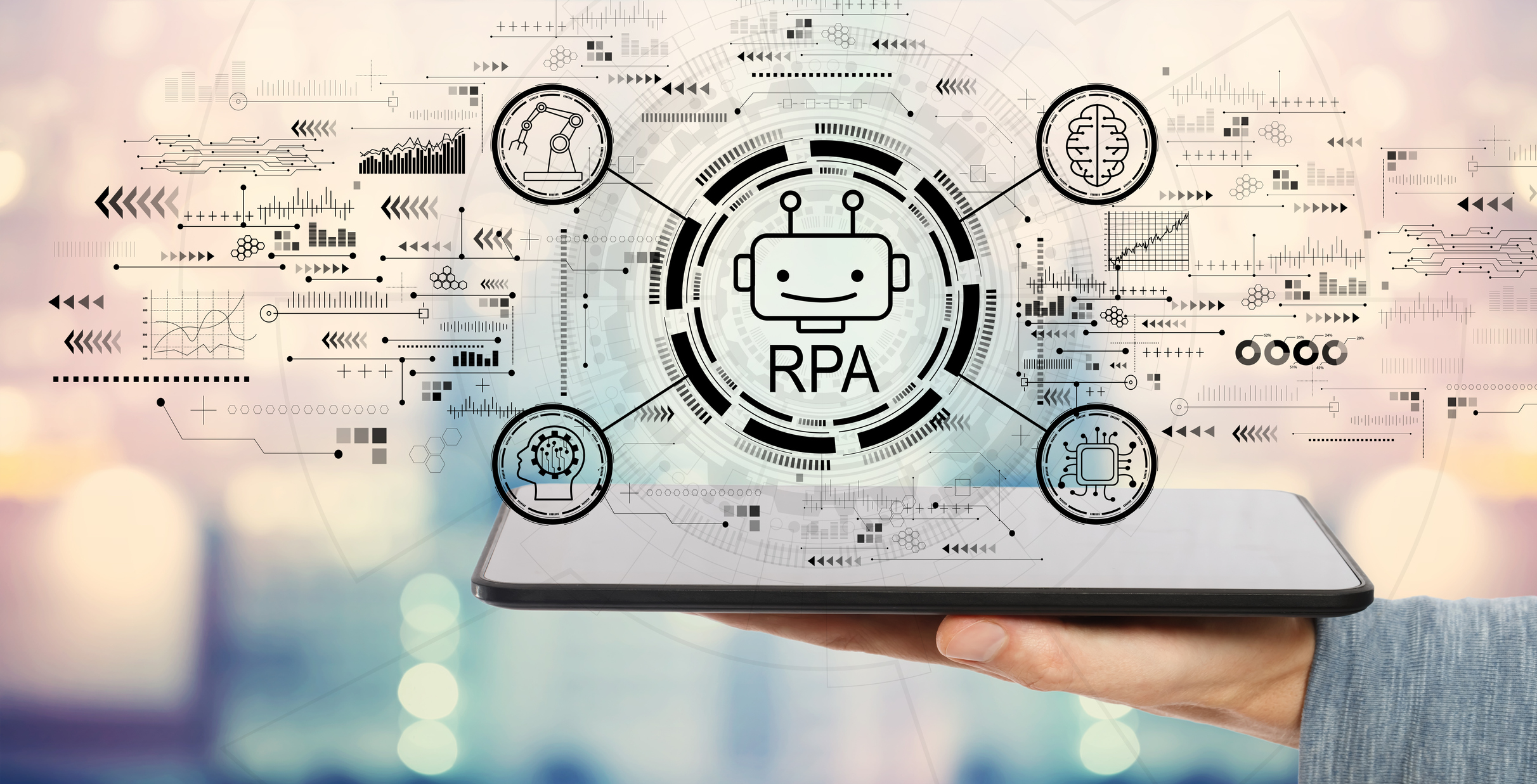Integrating AI with B2B Marketing Automation Platforms
Marketing automation platforms have long played a key role in B2B marketing strategies. They streamline campaign execution and help nurture leads across the sales funnel. But, traditional automation often struggles to keep pace with the complexity of modern buyer behavior. Static rules and rigid workflows leave gaps that limit performance.
Artificial intelligence (AI) closes these gaps by analyzing vast amounts of buyer data, learning from patterns, and adapting campaigns in real time. The result is smarter, more personalized marketing automation that drives higher engagement and return on investment (ROI). This article explores the role of AI in transforming marketing automation, the benefits for B2B organizations, and the steps required to integrate AI effectively.
Quick Takeaways
- AI marketing automation turns static workflows into adaptive, data-driven systems that learn and optimize in real time.
- Predictive lead scoring, hyper-personalization, and churn prediction help B2B teams focus on the right buyers.
- Clean, well-governed data is essential for reliable AI performance.
- Start small with pilots, then expand AI use cases as results grow.
- The future of AI marketing automation points toward autonomous campaign orchestration and deeper account-based marketing.
The Role of Marketing Automation in B2B
Marketing automation platforms were designed to simplify complex marketing tasks. In a typical B2B context, these platforms:
- Execute email campaigns
- Assign lead scores
- Trigger workflows
- Track performance across touchpoints
They provide marketers with the ability to scale outreach while maintaining consistent communication.
Yet, even with these strengths, limitations persist. Rule-based scoring models can’t always capture the nuance of buyer intent. Campaigns often rely on assumptions rather than real-time behavior.
As a result, sales teams may chase leads that are unlikely to convert, while potential high-value buyers fall through the cracks. Without AI, automation remains powerful but inflexible, and marketers risk missing critical opportunities.
How AI Transforms Marketing Automation
AI marketing automation represents the next evolution of B2B engagement. By embedding AI capabilities into existing platforms, marketers move beyond static workflows to systems that learn, predict, and optimize continuously.
AI strengthens automation in several ways:
- Learning from buyer behavior: AI analyzes engagement signals such as email opens, website visits, and content downloads, then adjusts campaigns accordingly.
- Predicting outcomes: AI scoring models calculate the probability of conversion or churn, helping marketers prioritize efforts.
- Dynamic personalization: Content, timing, and offers can be adapted in real time to match each buyer’s journey.
These capabilities transform automation from a process-driven tool into a predictive, insight-driven engine for growth.
Benefits of AI Marketing Automation for B2B
Smarter Lead Scoring and Prioritization
Rule-based lead scoring often fails to reflect true intent. AI replaces static criteria with predictive models that evaluate dozens of variables, from past engagement to firmographic data. Sales teams can then focus their efforts on leads most likely to convert, reducing wasted time and improving close rates.
Hyper-Personalization at Scale
Personalization drives engagement, but it is difficult to execute consistently at scale. AI enables automation platforms to tailor messages, subject lines, and landing pages to each buyer’s preferences. Instead of broad campaigns, marketers can deliver one-to-one experiences across thousands of prospects.
Recent Salesforce research underscores this shift, showing that the share of customers who feel treated like unique individuals jumped from 39% to 73% in just one year. At the same time, customers are more protective of their data, which raises the stakes for marketers to balance personalization with trust.

Optimized Campaign Performance
AI continuously tests and adjusts campaigns in real time. Send-time optimization ensures messages reach inboxes when recipients are most likely to engage. Dynamic segmentation allows campaigns to adapt as buyers move through the funnel. These optimizations improve open rates, click-through rates, and overall performance.
Better ROI Measurement
Traditional attribution models often misrepresent how buyers interact with campaigns. AI analyzes multiple touchpoints and assigns credit more accurately. This leads to clearer insights into which campaigns and channels drive revenue, enabling marketers to allocate budgets more effectively.
Key Use Cases of AI in Marketing Automation Platforms
Predictive Lead Nurturing
AI evaluates where each lead stands in the funnel and determines the best next step. It may suggest sending a case study, scheduling a demo, or triggering a retargeting campaign. This ensures leads progress through the buyer’s journey with minimal friction.
Content Intelligence
AI analyzes which assets perform best for different personas and recommends them automatically. A buyer researching a product comparison might receive a whitepaper, while another showing early interest could be served a blog article or infographic.
Churn Prediction
By identifying early warning signs such as declining engagement or negative sentiment, AI helps marketers act before a lead disengages completely. Re-engagement campaigns can then be deployed to retain interest.
Conversational AI
Chatbots powered by AI qualify leads in real time, answer common questions, and pass qualified prospects to sales. This reduces response times and ensures buyers receive immediate support.

Sales Alignment
AI ensures data from marketing automation platforms flows seamlessly into CRM systems. Sales representatives gain access to real-time insights, improving the quality of conversations and strengthening collaboration between teams.
Practical Steps to Integrate AI with Marketing Automation
Audit Current Platform Capabilities
Start by reviewing what your marketing automation platform already offers. Many leading solutions include native AI features, while others support third-party integrations. Understanding the baseline helps identify gaps.
Define Business Goals First
AI should be implemented with a clear strategy in mind. Whether the goal is improving lead quality, shortening sales cycles, or increasing retention, objectives guide both technology selection and measurement.
Leverage Native AI Features or Integrations
Most automation platforms are building AI into their core systems. Explore these features first before investing in external tools. If deeper functionality is required, consider integrations that align with your existing workflows.
Ensure Data Quality and Governance
AI is only as effective as the data it processes. Clean, accurate, and well-structured data ensures models produce reliable results. Establish governance policies around data entry, enrichment, and compliance to protect both performance and trust.
Test, Measure, and Optimize
Avoid implementing AI all at once. Start with a pilot program (such as predictive lead scoring) and measure results. As confidence grows, expand into other areas like content recommendations or campaign optimization.
The Future of AI Marketing Automation in B2B
The future points toward even deeper integration of AI into marketing automation. Predictive analytics will drive account-based marketing strategies, enabling marketers to engage entire buying groups more effectively.
Campaign orchestration will become increasingly autonomous, with AI systems managing timing, channel selection, and creative optimization. Most importantly, AI will empower organizations to deliver real-time personalization across hybrid buyer journeys, ensuring consistent engagement from awareness to renewal.
Maximize Your B2B Marketing with Televerde
AI marketing automation represents a pivotal shift for B2B marketers. It enhances efficiency, delivers hyper-personalized experiences, and drives stronger ROI. By starting with clear goals, leveraging platform features, and maintaining high-quality data, organizations can unlock the full potential of AI-driven automation.
Ready to maximize the impact of your B2B campaigns? Explore how Televerde’s AI-driven marketing automation strategies can help you connect with buyers more effectively and drive measurable growth.


